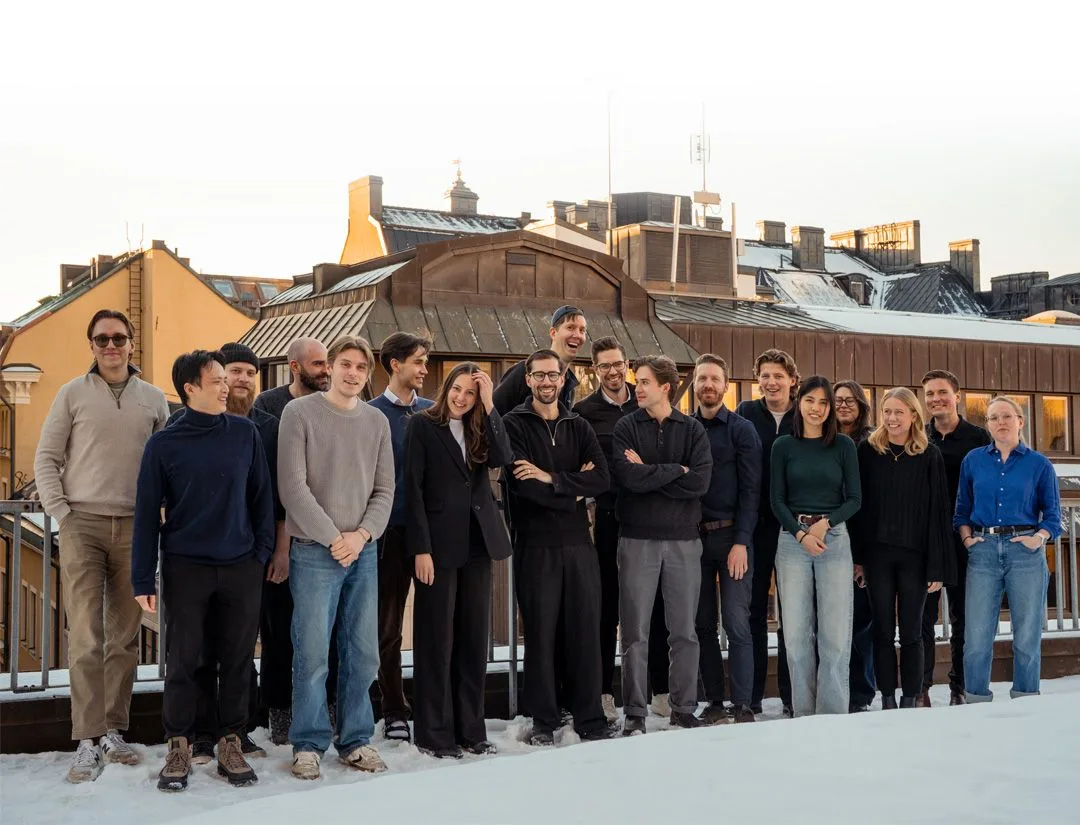Latest news
Explore more
Rockaway Ventures joins $935M Series A for Apptronik to scale Apollo™ humanoid robots
The Series A extension saw support from existing investors B Capital, Google, Mercedes-Benz, and PEAK6, as well as new investors AT&T Ventures, John Deere, and Qatar Investment Authority (QIA).

EIF & Baltic States launch €225M Baltic Innovation Fund III for regional growth
The new fund will see the EIF commit €75 million, with each Baltic country providing €50 million.

Swedish B2B SaaS startup Intric raises €3.8M to further develop its platform
The pre-seed funding round for Intric was led by byFounders.